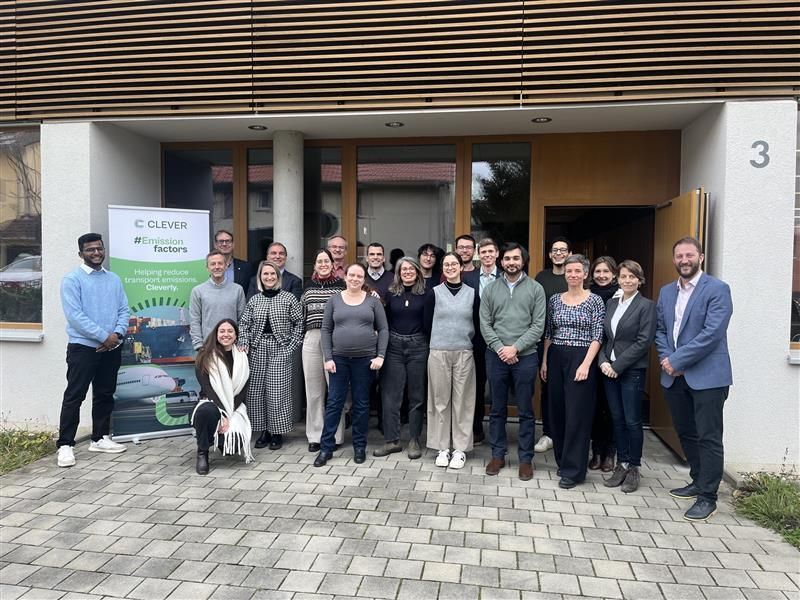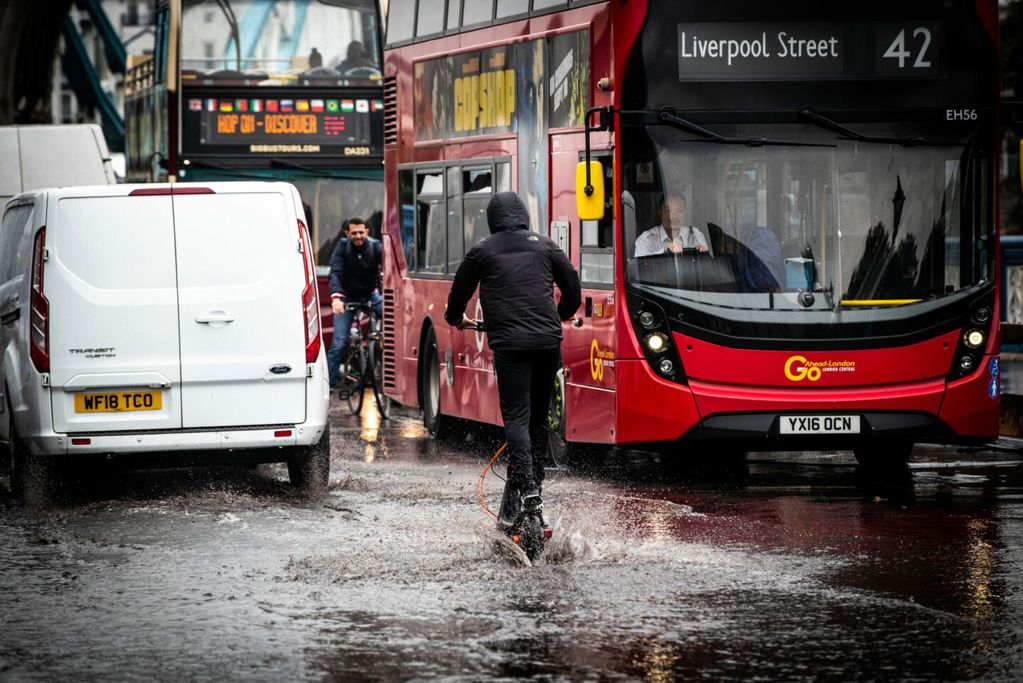
How COVID-19 emphasises the need for public transport in climate action: reflections on Earth Day 2020 (from home)
Reflections on Earth Day in the current context
A worldwide self-isolation and confinement have already had significant effects on the environment, especially pollution levels. China’s carbon emissions dropped by 25% only in the month of March and similar patterns can be seen all over the world. The main reason for this air quality improvement is the decreased use of vehicles, specifically private cars. In Barcelona and Madrid (the largest cities in Spain), according to Greenpeace, traffic decreased by 60% in the first weeks of the lockdown.
The environmental and economic consequences of the coronavirus pandemic prove that it is essential to scale up investment in the public transport sector, and reduce the need for private cars on the road. This will not only help further reduce greenhouse gas emissions and pollution, but will also stimulate the much needed economic recovery of our cities. Win-win!
The fundamental societal changes we are witnessing may well offer us a final chance to avoid a climate catastrophe.
So what can we learn from this crisis period moving forward?
As the world slowly recovers from the pandemic, we must not let short-term fixes prevent us from addressing longer-term risks like climate change. If anything, this crisis period should have only opened our eyes to other areas to improve the way we work. The response to the current pandemic illustrates several actions we can take to address the global climate crisis. We need to rethink risks, including climate resilience and make sure to listen to what professionals and scientists predict and suggest. We also need to make people and future generations the priority, and make a cultural shift in the transport sector: making sustainable public transport the main mobility method.
“Much remains uncertain about what the world will look like when we emerge from the COVID-19 pandemic, but the fundamental societal changes we are witnessing may well offer us a final chance to avoid a climate catastrophe”, said Philip Turner, UITP Expert on Climate Action and Sustainable Development.
Public transport for climate action: no better time to act than now!
The need for climate action has been emphasised by the current situation, however we have been aware of the need for more investment in clean public transport long before the outbreak of COVID-19.
In ourClimate Action Manifesto we outline four urgent steps which global leaders and decision makers need to take to prevent further dangerous climate change. In this manifesto, UITP is calling on policy makers and national governments to recognise the major role public transport plays on both local air pollution and larger scale climate change. The need to prioritise breathable streets through urban planning and strengthening the role of public transport by investing in it and developing a regulatory framework to reduce greenhouse gas emissions are amongst the most important elements of the Climate Action Manifesto.
The timing could not be more significant for politicians and city leaders to take these actions seriously now. As country-wide lockdowns start to end, more and more people will need to get to work, have enhanced access to the wealth of urban opportunities that will become increasingly available to them but importantly have the opportunity to be reunited with their friends and loved ones. It is therefore vital that governments and financial institutions prioritise support to the public transport sector.
This financial support will be essential to further help cities facing a coronavirus-sparked economic crisis.
The maintained development and support of public transport during the pandemic, and especially after the main threat has passed, will drive a much needed financial recovery that we will surely need.
More about the economic importance of the public transport sector in the current times can be read in an open letter which UITP prepared with fellow associates and addressed to the European Institutions. We strongly advocate for the continuity of public transport: it is needed now more than ever to protect and support the three main pillars of sustainability: people, the economy and the environment.
It is clear that we have many of the tools to make major advances in addressing climate change; what we need now is the political will to apply them.
Membership benefits








